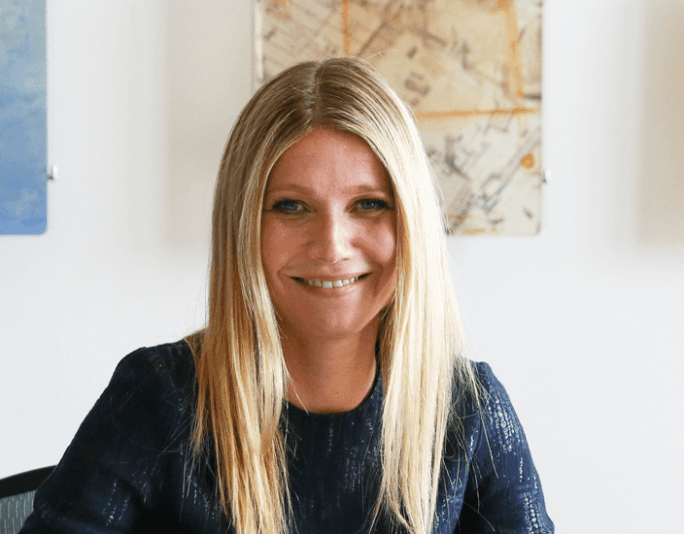I'm going to say something controversial here. I actually feel a little bad for Gwyneth Paltrow. Now, you're probably thinking, how could I possibly feel bad for Oscar-winner, glowing beauty, friend-of-Beyoncé, Gwyneth Paltrow? Well, because I honestly think Gwyneth, in all her GOOP-y glory, genuinely wants to help people. She wants to find the secret to having a happy, healthy life, and share it with the world. Unfortunately, she hasn't found it yet—and there is the problem. Every time she thinks she has, she shares it with the world; but the things she's sharing are oftentimes more harmful than they are helpful.
"Bad celebrity health advice is a troubling and growing problem," says New York Magazine's The Science of Us writer Jesse Singal in her piece "Why People Take Nonsensical Health Advice From Gwyneth Paltrow."
"Because people have such easy access to quacky opinions about health, and because celebrities tend to have pretty big megaphones, a whole internet subculture of nonsense health-advice has emerged, sometimes with potentially dangerous consequences." Jesse points to an interview with Tim Caulfield, author of, on the trend of celebrity health.
Here's what Tim has to say on why "the voices of celebrities in the health arena [have] become so loud and powerful":
There’s interesting speculation we might be predisposed to emulate people with prestige. In the past maybe it was good hunters; today it’s Kardashians. What makes this era different is because of social media and reality TV, celebrities are simply everywhere; they are closer to us. Grace Kelly existed in a different realm, while Kim Kardashian is part of daily life.
The other thing that’s going on right now is distrust in traditional sources of scientific information. People think big pharma and industry have corrupted science. The public hears about the problems scientists have not being able to replicate their studies. One day they hear wine is good for you, the next day it’s bad. They say, “You scientists can’t make up your minds.” That’s all created a lot of space for celebrities.
Jesse points out that celebrities pushing pseudoscience don't exhibit much doubt. They believe in it wholeheartedly. "Gwyneth Paltrow didn’t become Gwyneth Paltrow, Noted Pseudoscience Peddler, by taking a careful, skeptical approach to the claims she broadcasts to her audience," says Jesse. I keep thinking about actress Shailene Woodley going on Letterman and explaining the "health benefits" of eating clay, and Jenny McCarthy's vaccines-cause-autism crusade. These people believe what they're saying—but it doesn't mean they're right. And it's scary because the public believes them.
"Part of the appeal of many of the worst celebrity offenders is that they promise to “tell you what they don’t want you to know'—'they' being a warped, supervillainized version of the (far from perfect, to be sure) medical and pharmaceutical establishments," writes Jesse. "It’s sad that so many people trust celebrities with their well-being, but it isn’t necessarily surprising."
I completely understand looking at a impossibly beautiful, doesn't-seem-to-age celebrity, and thinking they must know something. But I'd say take everything with a grain a salt.
Incidentally, that's probably Gwyneth's latest advice on how to have more energy while living on barley alone.
instant happy in your
mailbox every day.



